As students approach grade 10, they start to face a pivotal moment in their lives, the transition from high school to the next stage of their education. For many, this period brings a great deal of uncertainty and stress. While peers may already have an idea of their futures, many students from minority backgrounds find themselves overwhelmed by the weight of the decision-making process.
The question of whether to pursue higher education, such as attending college or university, can seem daunting, especially when it feels like the choices made now will shape the rest of their lives. For these students, making an informed decision can feel nearly impossible without proper guidance or access to the right resources. It’s not just about choosing an institution, but about understanding the long-term implications of that choice in terms of career opportunities, financial burdens, and personal growth.
This uncertainty can lead to feelings of isolation or confusion, as many students grapple with the pressure of deciding their futures at such a young age. The lack of accessible information often makes it harder for them to see the bigger picture to enable them to decide between higher education and alternative options like trades, entrepreneurship, or direct entry into the workforce requires a deep understanding of one’s strengths, interests, and career aspirations.
When to Consider Higher Education

Higher education is an excellent choice for students who have clear academic or professional goals that require specialized training or qualifications. For instance:
- Fields Requiring Degrees: Careers like medicine, law, engineering, and teaching almost always require a university degree or higher.
- Interest in Research or Academia: Students passionate about exploring ideas, conducting research, or advancing knowledge in a specific discipline will find universities particularly appealing.
- Broader Career Opportunities: A bachelor’s degree often opens doors to diverse roles and industries. For example, business administration graduates can work in finance, marketing, or management.
When to Consider Trades and Other Options

On the other hand, trades and alternative pathways might be more suitable for students who:
- Prefer Hands-On Work: Fields like plumbing, welding, and electrical work require practical skills that can be learned through apprenticeships or technical colleges. These careers are in high demand, with the skilled trades sector projected to face significant worker shortages in the coming decade.
- Want to Start Working Sooner: Trades typically involve shorter training periods and allow students to enter the workforce earlier, often earning competitive wages.
- Have an Entrepreneurial Spirit: Students with a knack for innovation or business might explore entrepreneurship, leveraging their skills to start their ventures.
Choosing Between College and University
For students committed to pursuing higher education, the next big question often is: should I go to college or university? This decision is not as straightforward as it may seem. It’s a choice that depends on individual goals, learning preferences, and long-term aspirations. Understanding the differences between college and university is the first step in making an informed choice.
Difference Between College and University

Colleges are often seen as practical, career-focused institutions offering short-term programs designed to prepare students for specific industries. For instance, a student interested in becoming a graphic designer might enroll in a college program that provides hands-on training in design software and techniques. Colleges also offer diplomas, certificates, and associate degrees, usually completed in two years or less.
Universities, on the other hand, are comprehensive institutions that emphasize academic learning, research, and a broader curriculum. For example, someone pursuing a career in engineering might enroll in a university to earn a bachelor’s degree, which provides both theoretical foundations and opportunities for specialization. Universities also offer advanced degrees, such as master’s and doctoral programs, for those aiming for expertise in their fields.
Key Considerations
When deciding between college and university, it’s essential to weigh the following factors:
1. Career Goals
The career or type of job you would want in the future plays a critical role in deciding between college or university.
Some careers such as medicine, law, engineering and the likes require a degree and not just skill. For people interested in such careers, university is the way to go. Some other careers are more skill rather than degree specific, for such careers such as graphic design, digital media and the likes, college would suffice.
2. Learning Style
Apart from your dream career and job, the next factor you should consider in deciding between college and university is your preferred way of learning.
For people who enjoy theoretical learning, academic discussions and in-depth research, university would be a good fit because universities emphasize critical thinking and knowledge.
On the other hand, for students who thrive in practical hands-on environments where they can apply skills almost immediately, college would be a better option.
3. Cost and Program Duration
Another crucial factor to consider when deciding between college and university is the cost and duration of the programs.
For students who want a quicker and more affordable path to the workforce, college is often the better choice. College programs are typically shorter, lasting one to three years, and cost significantly less than university degrees.
On the other hand, students who are willing to invest more time and money for a longer-term academic program that often leads to higher-paying careers should consider university. University degrees usually take four years or more and may require a higher financial commitment.
4. Campus Experience and Resources
Beyond academics, the type of campus experience you desire and the resources you may need are important factors to consider when choosing between college and university.
For students who value smaller class sizes, personalized attention, and close relationships with instructors, college can be an excellent choice. Colleges often provide a more intimate learning environment, which can be beneficial for students who thrive in one-on-one settings.
On the other hand, if you’re someone who wants access to extensive resources, diverse extracurricular activities, and a vibrant campus life, university might be the better fit. Universities typically offer a wide range of clubs, networking opportunities, and global exchange programs that can enrich your overall experience.
5. Career Advancement Opportunities
The potential for career advancement and the opportunities available after graduation are also key factors to consider when deciding between college and university.
For students aiming to enter the workforce quickly or focus on a specialized trade, college can provide the skills and credentials needed to start working almost immediately. Many college programs also include co-op placements or internships that give students practical experience and help them secure jobs right after graduation.
On the other hand, university degrees often open doors to leadership positions, higher earning potential, and careers that require advanced education. While the path may take longer, the qualifications earned from a university degree can lead to significant long-term career growth.
Making the Right Choice for You
Choosing between college and university is not just about the destination, but the journey you want to take. Each path offers unique opportunities, and the best choice depends on your personal aspirations and where you see yourself in the future.
University is ideal for those looking for a comprehensive academic experience and long-term career advancement, while college offers practical skills and faster entry into the workforce. Both paths provide value, and it’s about finding the right fit for your learning style, career goals, and timeline.
Remember, your education is a steppingstone, not the end goal. Whichever route you choose, focus on building a foundation that aligns with your vision for the future, and don’t be afraid to pivot if your goals change along the way.


